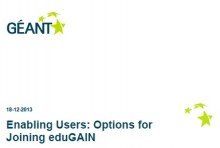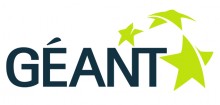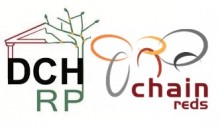 Within the research communities the need of federated access to services is seen as an essential success factor, especially in the Social Sciences and Humanities (SSH) sector, where users may vary widely in their technical proficiency and just need a quick and easy access to web-based electronic research tools. The experiences of research communities with grid computing showed that X.509 certificate-based infrastructures were a major hindrance for wide community acceptance of research tools. Thus federated Identity Management is seen as the only acceptable authentication and authorisation technology within the SSH community.
Within the research communities the need of federated access to services is seen as an essential success factor, especially in the Social Sciences and Humanities (SSH) sector, where users may vary widely in their technical proficiency and just need a quick and easy access to web-based electronic research tools. The experiences of research communities with grid computing showed that X.509 certificate-based infrastructures were a major hindrance for wide community acceptance of research tools. Thus federated Identity Management is seen as the only acceptable authentication and authorisation technology within the SSH community.
The FP7/ESFRI programs of the EC have led to the construction of long-term Europe-wide research infrastructures, which need to inter-federate to allow for virtual organisations ith members from different countries. The interfederation service eduGAIN is an answer to such a need.
Academic research projects often operate their services in different countries, with many of these services requiring authentication and authorisation and could therefore benefit from integration into eduGAIN. Enabling eduGAIN interfederation support for these services requires some know-how and efforts by the service operator. Given that the number of services operated by SSH projects is probably higher than for other research projects and given that the number of services is likely to increase even more, the question is how can research projects efficiently add their services to eduGAIN?
The following three options for adding services to eduGAIN were identified:
- Option A: Add services via an existing federation.
- Option B: Create an own federation.
- Option C: Join via a Hub or Proxy.
Each of the above options has its advantages and disadvantages and not all of them are suitable for each research group. This document investigates the above options to help decide which of them is best suited to a particular research community or case.
The report also mentions the promotion of Science Gateways as Service Providers of eduGAIN, which is strongly supported by the DCH-RP and CHAIN-REDS projects.
The full report can be downloaded here.






 If you have interesting news and events to point out in the field of digital cultural heritage, we are waiting for your contribution.
If you have interesting news and events to point out in the field of digital cultural heritage, we are waiting for your contribution.
























